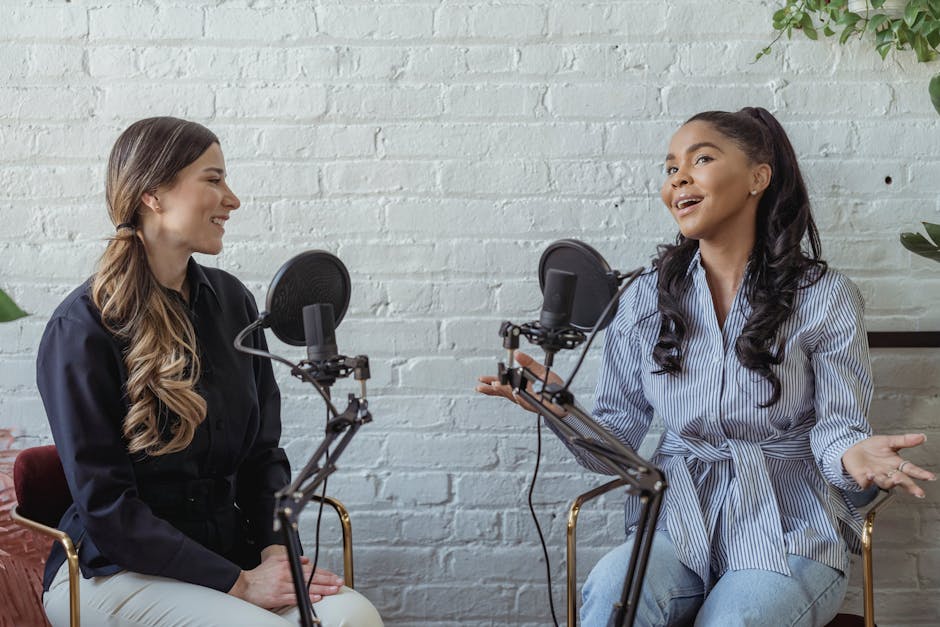Planning and Preparing for the Interview
Researching the company is essential for effective interview preparation. Familiarize yourself with their mission, values, and recent developments to align your answers with their ethos. Regularly browse their website, subscribe to newsletters, and keep up with industry news.
Understanding the job description is equally important. Review the responsibilities and qualifications required, and consider past experiences that match these aspects. For instance, if the role demands leadership skills, prepare to discuss situations where you successfully led a team or project.
Practice answers to common questions using the STAR method:
- Situation
- Task
- Action
- Result
This technique helps you structure your responses clearly and concisely, staying focused without rambling.
Dress professionally, even if the company culture is casual. Arrive at least 10-15 minutes early to account for unforeseen delays and allow time to compose yourself. Bring extra copies of your resume, a list of references, and any relevant certifications or portfolios.
While preparation is key, avoid over-rehearsing. Have a general outline but remain flexible to adapt your answers naturally to the conversation’s flow. Embrace unexpected questions by pausing, taking a breath, and answering honestly and thoughtfully.
Building Rapport
From the moment you enter the room or join the video call, focus on creating a friendly, helpful atmosphere. First impressions matter, and the overall tone of the interaction can significantly shape its outcome.
For virtual interviews, choose a quiet spot with a neutral background. Take a few deep breaths to center yourself and remain focused if you’re feeling nervous.
Engage in light pleasantries at the beginning of the interview. A quick comment about a shared interest or a compliment on the interviewer’s office décor can break the ice. For example:
“I noticed you recently published an article on XYZ. I really appreciated your insights on the topic.”
Express gratitude throughout the interview with simple phrases like:
- “Thank you for meeting with me today.”
- “I really appreciate this opportunity.”
Remember, the interviewers are looking for someone they would enjoy working with as well as professional qualifications.
Practice active listening by paying attention to the interviewer’s words and responding thoughtfully. Use reflective listening techniques, such as nodding or verbal affirmations like “I understand” or “That’s interesting,” to indicate engagement and respect for the interviewer’s input.
By fostering a comfortable and open dialogue, you enhance the likelihood of leaving a positive, lasting impression—underscoring not just your qualifications and skills but your ability to connect and form meaningful professional relationships.
Effective Communication and Conversation Techniques
Mastering the art of conversation can significantly enhance your chances of interview success. Use open-ended questions to demonstrate your interest and keep the dialogue flowing. For instance, instead of asking, “Do you have training programs?” try:
“Can you tell me more about the professional development opportunities here?”
Don’t be afraid of brief silences. A thoughtful pause before answering can demonstrate your ability to handle pressure and reflect genuinely. Use non-verbal cues like nodding, maintaining eye contact, and leaning slightly forward to signal your attentiveness and interest.
Summarize information periodically during the interview to ensure both parties are on the same page. Statements like, “So, what I understand from this is…” help you confirm details and demonstrate your active listening skills.
If the discussion digresses, gently steer it back by referring to earlier points. For example:
“That’s an interesting point on [topic], which reminds me of something I wanted to discuss about the role…”
When faced with challenging questions, use structured methods like the STAR (Situation, Task, Action, Result) or PAR (Problem, Action, Result) techniques to ensure clarity and coherence in your responses.
Balance listening and speaking by practicing reflective listening—restating or paraphrasing what the interviewer has said to show understanding—followed by your response. This technique validates the interviewer’s point and weaves your perspective smoothly into the conversation.
To manage stress, employ mindful breathing techniques before and during the interview. Small practices—such as taking deep, slow breaths—can significantly reduce anxiety, keeping you calm and focused.

Analyzing and Evaluating Information from Interviews
When evaluating interview information, consider both objective facts and subjective insights. Focus on the content of responses, scrutinizing factual accuracy and alignment with the role’s requirements. Pay attention to how information is delivered, including non-verbal signals like tone of voice, body language, and eye contact.
Recognize non-verbal cues such as facial expressions, gestures, and posture, which can offer significant insights into the interviewee’s true feelings and attitudes. Remember to contextualize these cues, as initial nervousness may subside as the interview progresses.
From a subjective viewpoint, evaluate the candidate’s feelings, attitudes, and values. Are they passionate about the role? Do their motivations align with the company’s mission? These softer metrics are vital in determining organizational fit and potential for long-term engagement.
Document and reflect on your interview notes to aid memory, recognize patterns, and allow for structured post-interview evaluations. Pay special attention to summarizing key points and verifying details. When reviewing your notes, consider:
- Moments where the candidate’s enthusiasm peaked
- Responses that seemed overly rehearsed or generic
- Significant shifts in demeanor during certain parts of the interview
By refining your approach to analyzing and evaluating interview information, you can make more informed, objective hiring decisions—ensuring that you fill the role with a qualified individual who is also a great fit for your company’s culture and long-term goals.
By preparing thoughtfully, communicating effectively, and evaluating insights carefully, you pave the way for a meaningful professional relationship that benefits both you and your potential employer.


